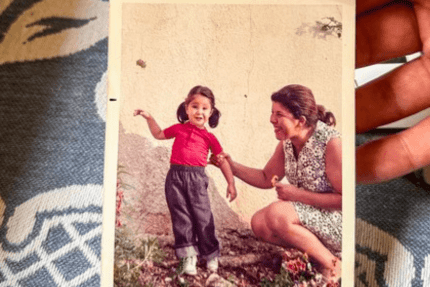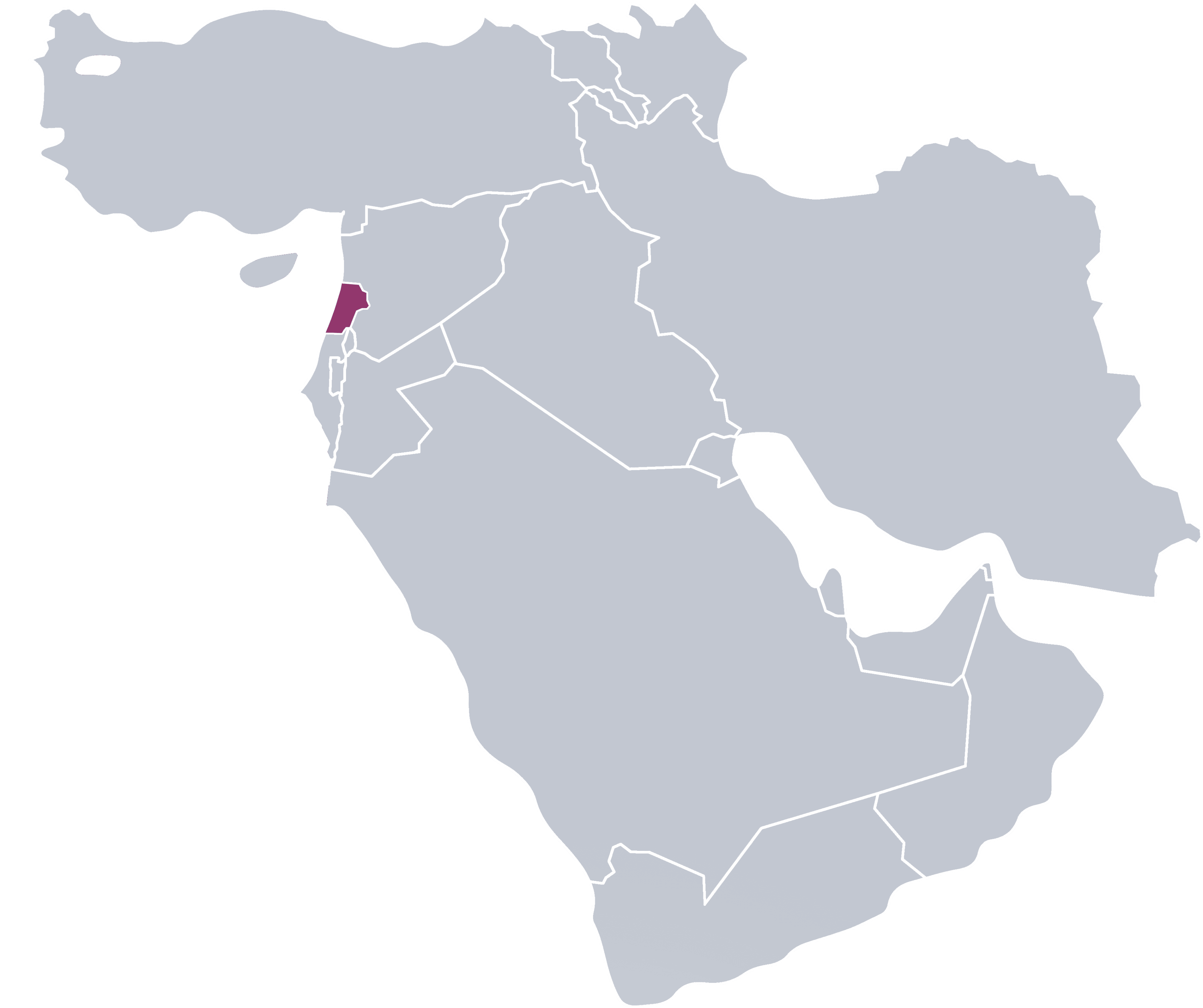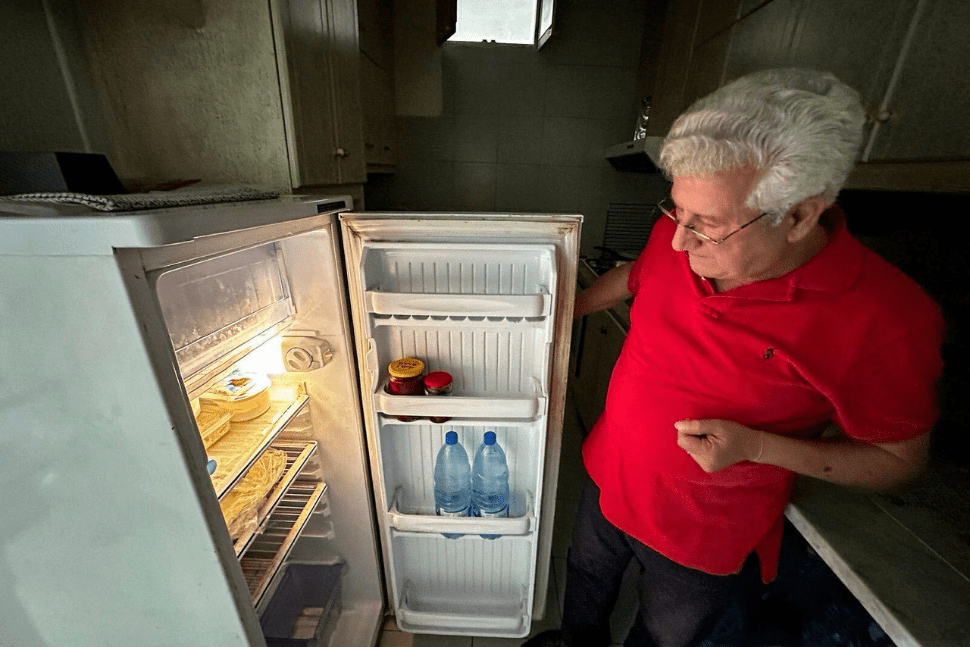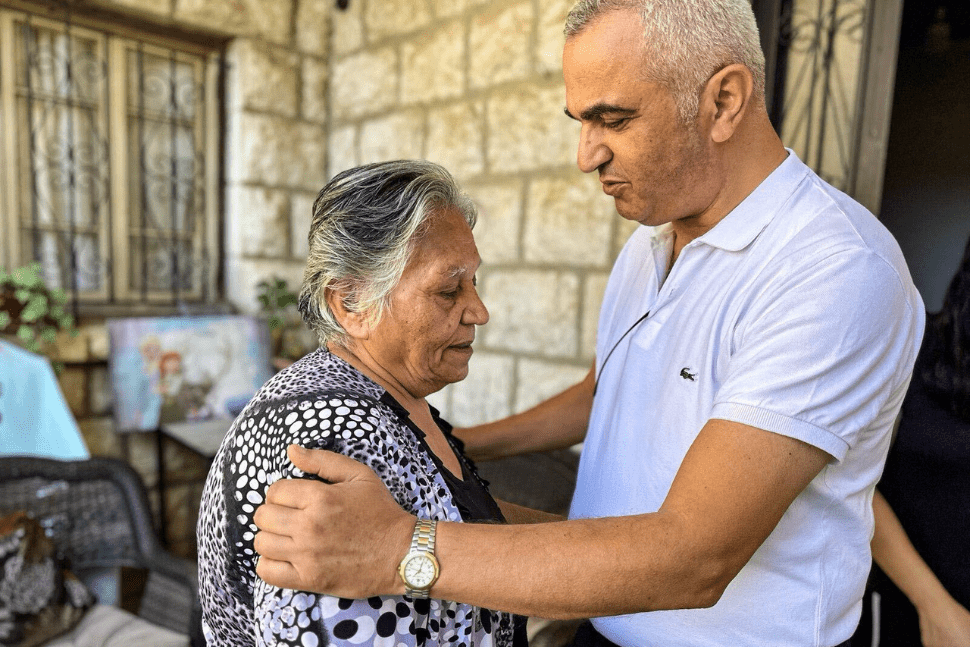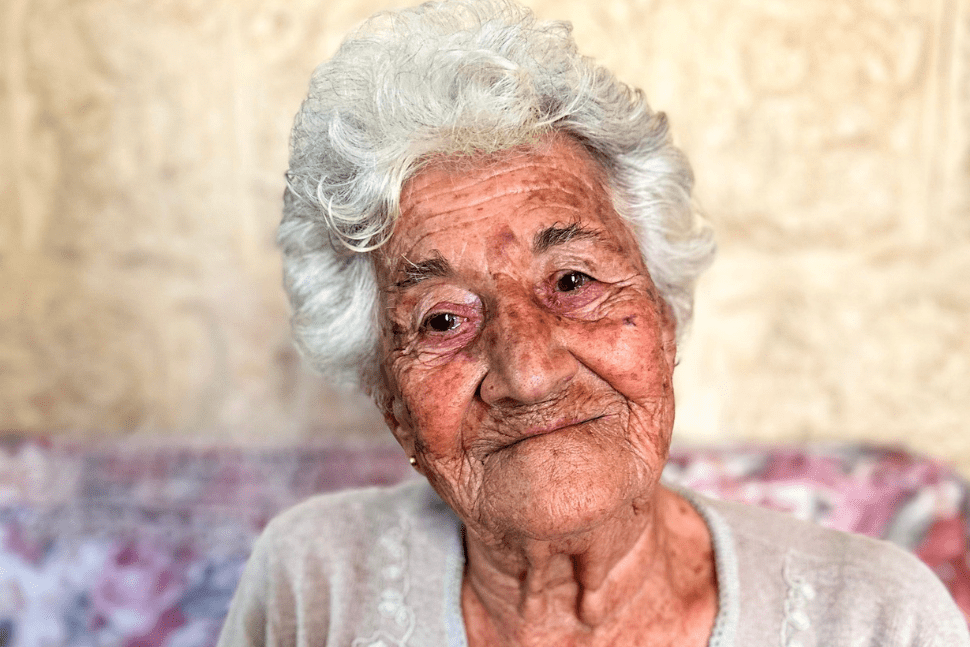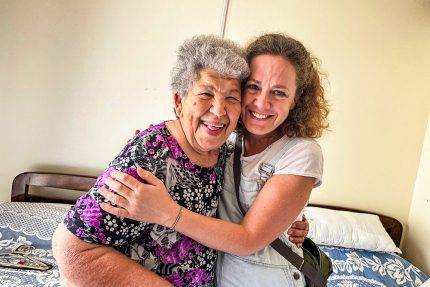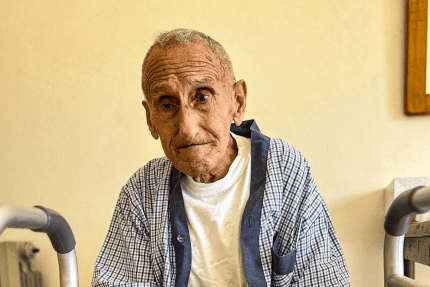“All the embassies are calling their diplomats back, our government has practically ceased to exist. We’ve been left to survive on our own. Meanwhile, prices in stores have skyrocketed so high that we can’t afford anything. Officially, there’s no war yet, but it’s already a fight for survival,” says Dr. Elie Harouny, with whom Good Factory has been providing life-saving meds to the poorest, chronically ill Lebanese for the past three years.
Lebanon’s descent into misery has been ongoing for five years. “It’s worse than yesterday, but probably better than tomorrow,” say the helpless Lebanese, as the country’s economic situation drags them further and further into the depths of despair.
Additionally, Lebanon faces the looming threat of war. Iran has vowed retaliation against Israel for the killing of the political leader of Hamas.
On top of this, the threat of war looms over Lebanon. Iran has vowed revenge on Israel for the killing of a Hamas political leader. Lebanon, where Hezbollah—a Shia militant group with ties to Iran—holds significant power, may soon find itself caught in the crossfire. Iran claims retaliation is imminent, while Israel declares it is ready to fight on “all fronts against Iran’s axis of evil.” The Lebanese want to prepare for the worst, but few can afford to do so. Our friends are pleading for help.
In 2021, the World Bank described Lebanon’s economic collapse as the worst in modern history. What does this look like in reality? The official exchange rate is around 89,500 LBP per 1 USD, compared to 1,500 LBP before the crisis! Most transactions are now conducted in U.S. dollars, as the local currency has lost its value. Wages haven’t kept up with inflation. The minimum wage, recently raised to 18 million LBP per month (about 200 USD), barely covers basic food needs for a family for two weeks. This bare minimum includes only food and hygiene products—not including fuel for generators. It is also essential, since electricity is only available for six hours a day due to the crisis. The number of people facing food insecurity is expected to rise to 23% of the population, which translates to 1.26 million people.
The Lebanese are surviving mainly thanks to support from family members living and working abroad. However, not everyone has such support.
The price of paracetamol, once about 1,000 LBP, now is around 150,000 LBP due to the devaluation of the Lebanese pound. Although medications are available in pharmacies, buying them is comparable to purchasing luxury goods. Medications for chronic illnesses are only available sporadically due to the collapsing supply chains. More and more people are relying solely on humanitarian aid or are forced to buy substandard meds on the black market.
Good Factory supports over 250 chronically ill people in Lebanon who are in the worst financial situation. Dr. Elias, head of the project, is asking for help. If war breaks out and the first missiles head towards Lebanon, people in the country will already be dying from hunger and lack of access to medication.
We urgently need to prepare for the worst. A fundraiser has been launched on our homepage to secure meds, food, and heating oil for our beneficiaries over the coming weeks. This is the bare minimum. If you help us raise more funds, every cent will help save more lives.
